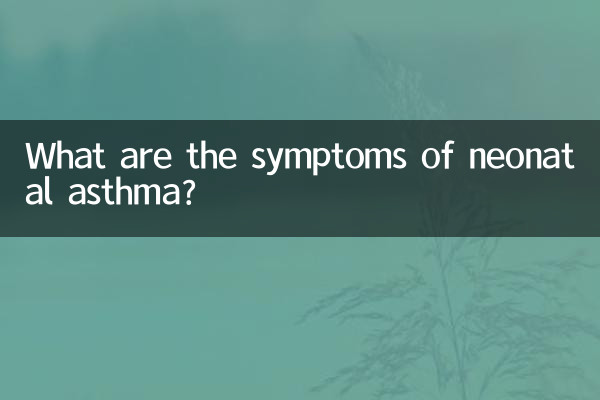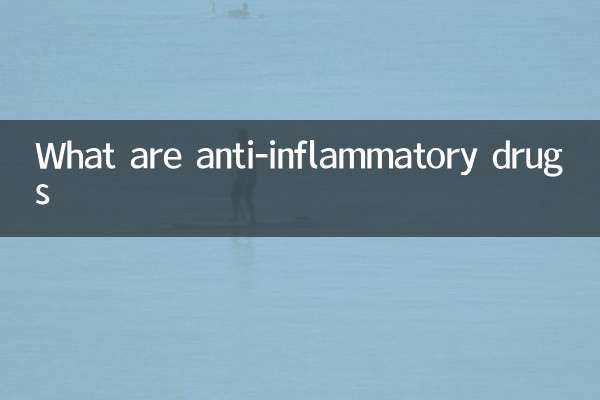What are the symptoms of neonatal asthma?
Neonatal asthma is a common respiratory disease in which babies are prone to asthma symptoms because their immune and respiratory systems are not fully developed. This article will detail the symptoms, possible causes, and countermeasures of newborn asthma to help parents better identify and deal with this problem.
1. Common symptoms of neonatal asthma

The symptoms of newborn asthma may be different from those in adults or older children. Here are some common signs:
| Symptoms | Description |
|---|---|
| difficulty breathing | The breathing rate increases, and wheezing or wheezing sounds may occur. |
| cough | Persistent or paroxysmal cough, especially at night or early in the morning. |
| Chest tightness | The baby may appear restless and have more difficulty breathing when crying. |
| feeding difficulties | Babies may show weak sucking or frequent interruptions during feeding due to difficulty breathing. |
| Cyanosis of the skin | In severe cases, a bluish-purple color may appear around the lips or nails, indicating hypoxia. |
2. Possible causes of neonatal asthma
There are many causes of neonatal asthma. Here are some common triggers:
| Reason | Description |
|---|---|
| genetic factors | Babies with a family history of asthma or allergies are more likely to develop the disease. |
| environmental factors | Asthma may be triggered by exposure to dust mites, pet dander, mold, or air pollutants. |
| viral infection | Respiratory infections (such as respiratory syncytial virus) may trigger asthma symptoms. |
| premature birth | Premature babies have underdeveloped lungs and are at higher risk for asthma. |
3. How to deal with neonatal asthma
If asthma is suspected in a baby, parents should take the following steps immediately:
| measures | Specific operations |
|---|---|
| Seek medical attention promptly | Take the baby to the pediatrician or respiratory department as soon as possible to avoid delaying treatment. |
| Keep the environment clean | Reduce dust, pet hair and other allergens in your home and ventilate regularly. |
| avoid smoke | Smoking around babies is strictly prohibited as second-hand smoke can aggravate symptoms. |
| Reasonable feeding | Breastfeeding can enhance a baby's immunity and reduce asthma attacks. |
4. Recent hot topics and newborn health
According to the hot content on the entire Internet in the past 10 days, the following are the focus of discussion on newborn health:
| hot topics | Related content |
|---|---|
| Air pollution and infant health | Air pollution has worsened in many places, and experts remind parents to pay attention to infant respiratory protection. |
| Breastfeeding controversy | New research shows breastfeeding may reduce the risk of asthma in babies. |
| Premature baby care | Premature infants have a higher incidence of asthma and require special attention in home care. |
5. Summary
Although neonatal asthma is common, the condition can be effectively controlled by recognizing symptoms promptly and taking corrective measures. Parents should pay close attention to their baby's respiratory status, avoid contact with possible triggers, and seek professional medical help if necessary. At the same time, paying attention to the latest health information can also provide more protection for the healthy growth of babies.

check the details

check the details